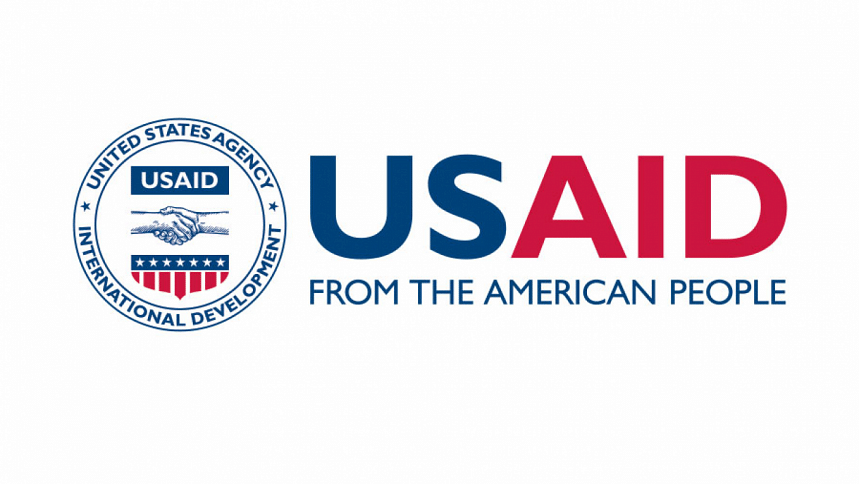USAID project on nutrition ends

Yesterday, the five-year U.S. Agency for International Development's (USAID) Strengthening Multisectoral Nutrition Programming through Implementation Science Activity marked its close. The USAID-supported project, implemented by FHI 360 contributed to nutrition policymaking and implementation in Bangladesh supported by high quality local evidence to fight maternal and child malnutrition.
The event celebrated the project's accomplishments, which included research-backed policy recommendations and providing training caregivers on measuring children's nutritional status. The project's partners and beneficiaries shared their experiences through presentations and speeches. The MSNP Chief of Party, Dr Najmus Sahar Sadiq chaired the event. Dr AFM Ruhal Haque, former Minister of the Ministry of Health and Family Welfare, graced the event as Chief Guest. Special guests included Dr Zubaida Nasreen, Director General-Bangladesh National Nutrition Council; Dr S.M. Mustafizur Rahman, Line Director-National Nutrition Services, Institute of Public Health Nutrition; Dr Md. Shamsul Haque, Line Director-Maternal, Newborn, Child & Adolescent Health, Directorate General of Health Services; Prof. Ferdousi Begum, President-Obstetrical and Gynecological Society of Bangladesh, Taskeen Chowdhury, Nutrition Specialist-USAID/Bangladesh.
Since its launch in May 2017, the project has helped the Government of Bangladesh reach the objectives laid out in its second National Plan of Action on Nutrition by facilitating the convergence of community-level government and private sector programs. The project has addressed various needs of maternal and child malnutrition in Bangladesh, from advocating for maternal mental health support to providing newborns suffering from malnutrition with access to donated breast milk. To increase the country's long-term capacity to tackle malnutrition, MSNP strengthened the effectiveness of national district and sub-district level Nutrition Coordination Committees and supported the government of Bangladesh in incorporating nutrition-focused activities into all 22 of its ministries.
The evidence base developed over the course of this project will continue to support the Government of Bangladesh as it works to enhance its efforts to tackle infant malnutrition and support mothers in raising healthy children.

 For all latest news, follow The Daily Star's Google News channel.
For all latest news, follow The Daily Star's Google News channel. 



Comments